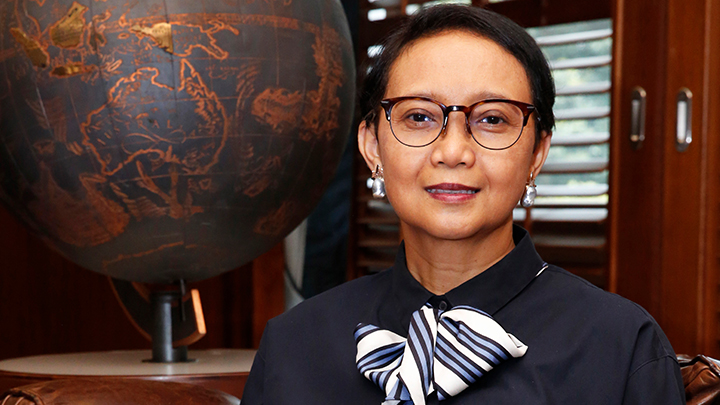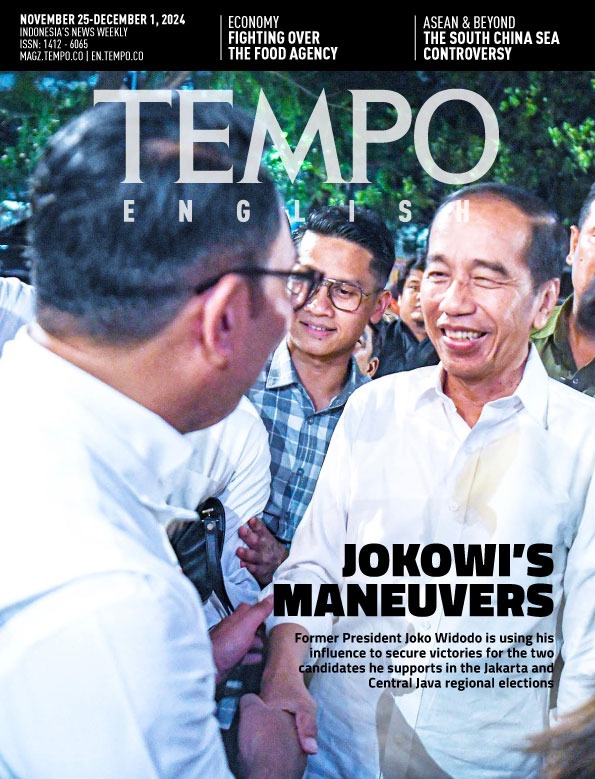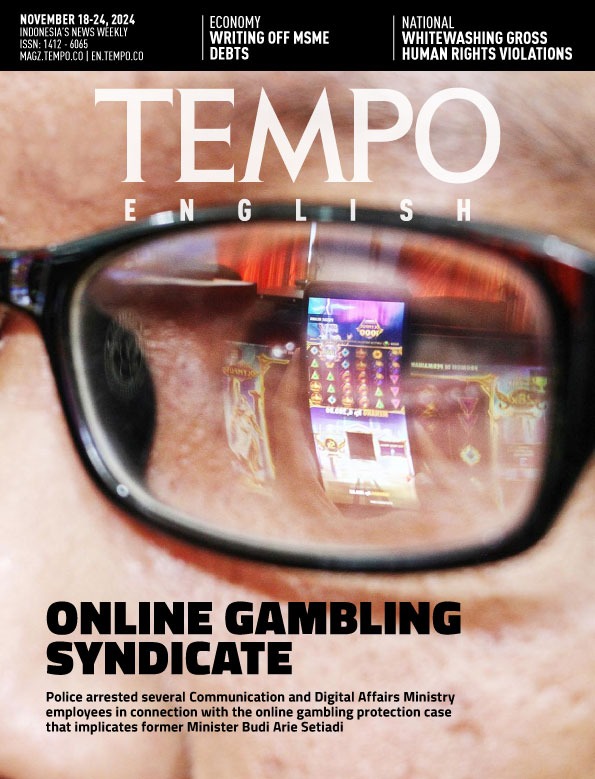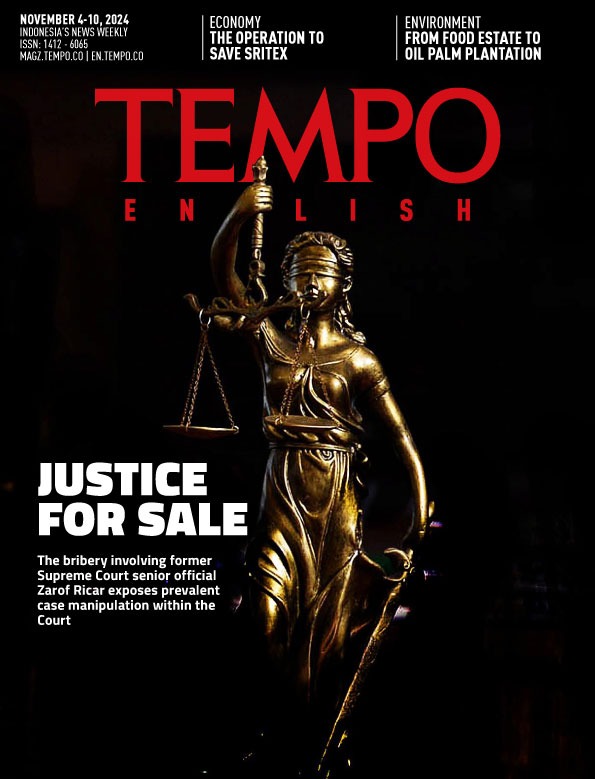Retno Lestari Priansari Marsudi, Foreign Minister: Protection of WNI Doesn’t Get Easier
Tuesday, May 19, 2020
arsip tempo : 173276573074.

SEOUL-BASED MBC TV on May 6 reported that three Indonesian sailors who died while working on Chinese-flagged fishing vessels were buried at sea. The news instantly went viral on various news and social media outlets in the country.
The scandal sent Foreign Minister Retno Lestari Priansari Marsudi into overdrive. She assigned teams of diplomats in Jakarta, Beijing and Seoul to look into the matter. “We’ve also asked the Chinese govern
...
Subscribe to continue reading.
We craft news with stories.
 For the benefits of subscribing to Digital Tempo, See More
For the benefits of subscribing to Digital Tempo, See More








